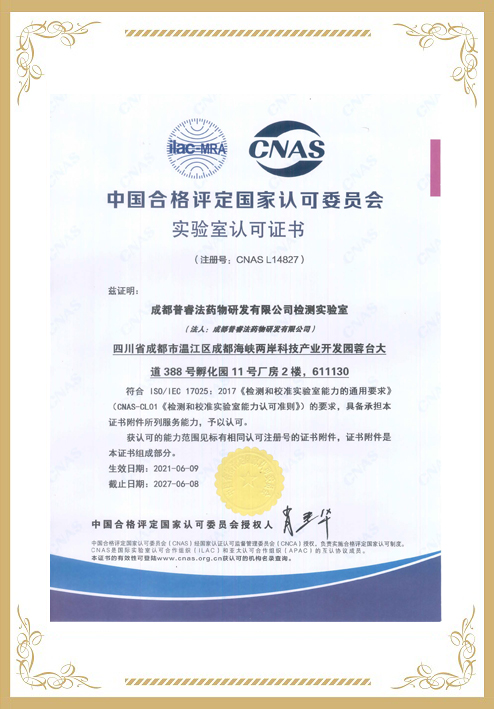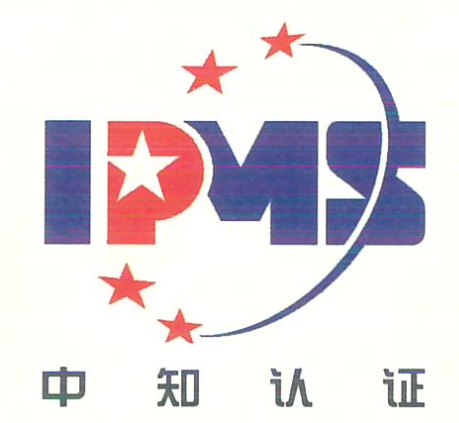Abstract
Herbal drug‐induced liver injury has been reported worldwide and gained global attention. Thousands of hepatic sinusoidal obstruction syndrome (HSOS) cases have been reported after consumption of herbal medicines and preparations containing pyrrolizidine alkaloids (PAs), which are natural phytotoxins globally distributed. And herbal medicines, such as Gynura japonica, are the current leading cause of PA‐induced HSOS. The present study aimed to reveal the mechanism underlying the hepatotoxicity of seneciphylline (Seph), a main PA in G. japonica. Results showed that Seph induced severe liver injury through apoptosis in mice (70 mg/kg Seph, orally) and primary mouse and human hepatocytes (5–50 μM Seph). Further research uncovered that Seph induced apoptosis by disrupting mitochondrial homeostasis, inducing mitochondrial depolarization, mitochondrial membrane potential (MMP) loss, and cytochrome c (Cyt c) release and activating c‐Jun N‐terminal kinase (JNK). The Seph‐induced apoptosis in hepatocytes could be alleviated by Mdivi‐1 (50 μM, a dynamin‐related protein 1 inhibitor), as well as SP600125 (25 μM, a specific JNK inhibitor) and ZVAD‐fmk (50 μM, a general caspase inhibitor). Moreover, the Seph‐induced MMP loss in hepatocytes was also rescued by Mdivi‐1. In conclusion, Seph induced liver toxicity via activating mitochondrial‐mediated apoptosis in mice and primary hepatocytes. Our results provide further information on Seph detoxification and herbal medicines containing Seph such as G. japonica.
… The underlying mechanism for Seph‐induced liver injury was also
investigated. 2 MATERIALS AND METHODS. 2.1 Chemicals and reagents.
Seneciphylline (Seph) with purity of >95% was purchased from Chengdu Biopurify …























